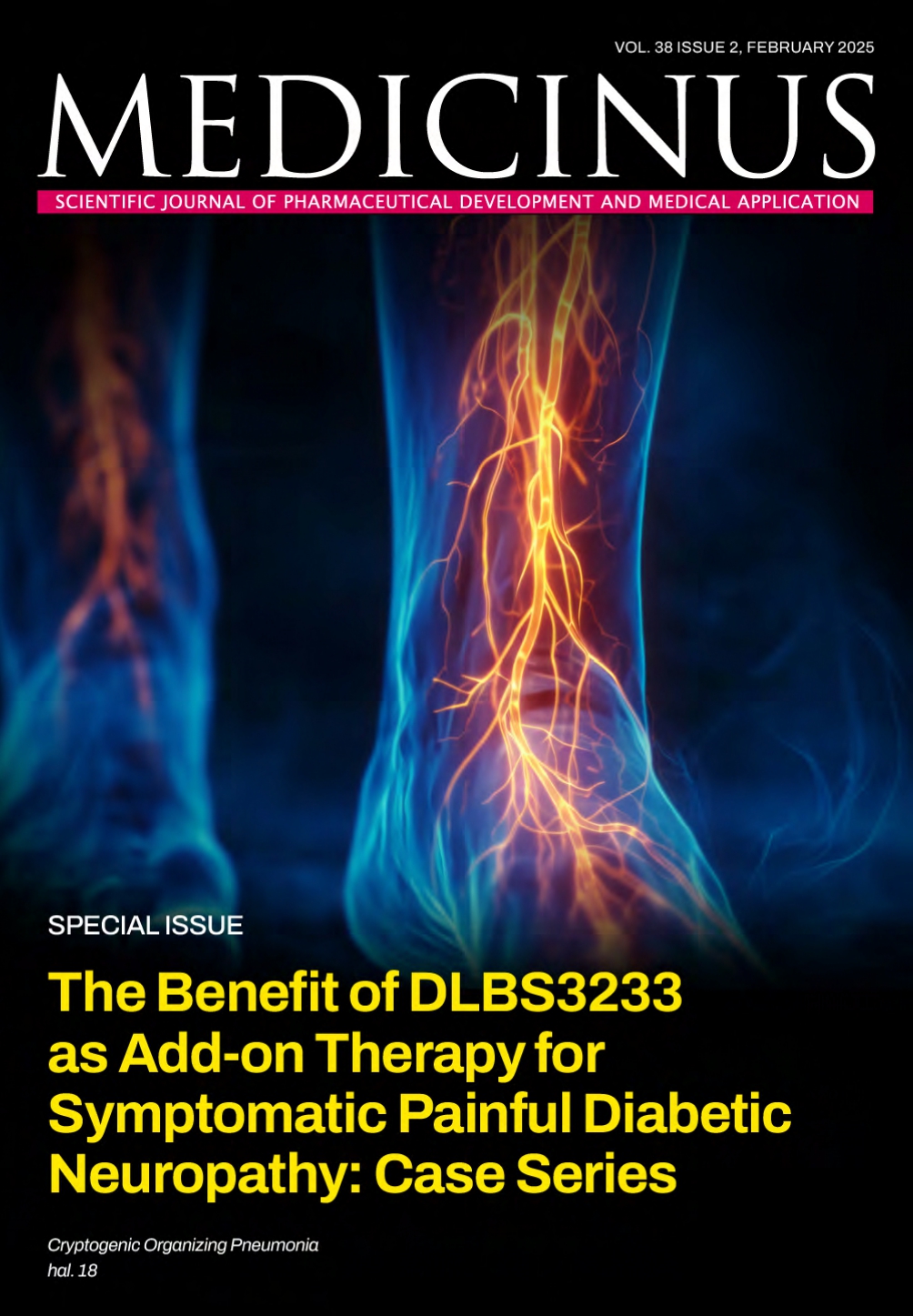Menimbang Keadilan dalam Indeksasi Akademik: Mengapa Kita Tak Hanya Mengandalkan Scopus?
DOI:
https://doi.org/10.56951/fvade672Kata Kunci:
Scopus, indeksasi, artikel ilmiah, inklusifAbstrak
Dominasi Scopus dalam lanskap akademik Indonesia telah menciptakan ketergantungan signifikan terhadap standar global yang sering kali mengabaikan kebutuhan lokal. Artikel ini mengeksplorasi implikasi ketergantungan ini terhadap berbagai aspek akademik, termasuk inovasi lokal, representasi ilmu sosial dan humaniora, serta aksesibilitas akademik, khususnya bagi peneliti dari negara berkembang. Masalah utama yang diidentifikasi mencakup hambatan biaya publikasi, bias linguistik terhadap bahasa Inggris, dan ketimpangan signifikan antara disiplin STEM dan non-STEM dalam hal pendanaan serta pengakuan akademik. Untuk mengatasi tantangan ini, artikel ini mengusulkan penguatan platform pengindeksan lokal seperti Science and Technology Index (SINTA) yang dapat memprioritaskan relevansi lokal sambil tetap mempertahankan standar internasional. Selain itu, adopsi sistem evaluasi hibrida yang mengintegrasikan metrik kuantitatif dan penilaian kualitatif diharapkan dapat mendukung pengakuan penelitian yang relevan secara sosial dan kontekstual. Langkah-langkah ini diperlukan untuk menciptakan ekosistem akademik yang lebih inklusif, adil, dan sejalan dengan kebutuhan serta prioritas nasional.
Unduhan
Referensi
1. Irawan DE. The progress of open access in Indonesia 2024-2024. Available from: https://dasaptaerwin.net/wp/wp-content/uploads/2024/08/The-Progress-of-Open-Access-in-Indonesia-2024-2024-8-7-1.pdf?utm_source=chatgpt.com. cited Jan 13th, 2025.
2. Shu F and Larivière V. The oligopoly of open access publishing. Scientometrics 2023;129(1):519-36. https://doi.org/10.1007/s11192-023-04876-2.
3. Ivan Dalen HP. How the publish-or-perish principle divides a science: the case of economists. Scientometrics 2021;126:1675-94. https://doi.org/10.1007/s11192-020-03786-x.
4. Rafols I. S&T indicators in the wild: contextualization and participation for responsible metrics. Research Evaluation 2019;28(1):7–22.
5. Dorji T. Integrating indigenous knowledge into environmental management: challenges and opportunities. Environmental Management 2024;72(1):45–62.
6. Mongeon P and Paul-Hus A. The journal coverage of Web of Science and Scopus: a comparative analysis. Scientometrics 2016;106(1):213–28.
7. Docampo D and Bessoule J. An approach based on the geometric mean of basic quantitative and qualitative bibliometric indicators to evaluate and analyse the research performance of countries and institutions. ArXiv 2018:1807.01049. https://doi.org/10.48550/arXiv.1807.01049.
8. Makrakis V and Kostoulas-Makrakis N. Bridging the qualitative–quantitative divide: experiences from conducting a mixed methods evaluation in the RUCAS programme. Evaluation and Program Planning 2016;54:144–51.
9. Hofstra B, Kulkarni VV, Galvez SM, He B, Jurafsky D, McFarland DA. The diversity-innovation paradox in science. Proceedings of the National Academy of Sciences of the United States of America. 2020;117(17):9284–91.
10. Haustein S, Sugimoto CR, Larivière V. The economic dimensions of open access publishing: examining the cost barrier. arXiv preprint arXiv 2024. https://doi.org/10.48550/arXiv.2407.16551.
11. Segado-Boj F, Martín-Quevedo J, Prieto-Gutiérrez JJ. Article processing charges: when open access becomes a barrier. arXiv preprint 2022:2205.11655. https://doi.org/10.48550/arXiv.2205.11655.
12. Willinsky J and Suber P. US open access publishing for the humanities and social sciences. Palgrave Communications 2015;1:15085. https://doi.org/10.1057/eps.2015.85.
13. Kozlowski D, Larivière V, Sugimoto CR, Monroe-White T. Intersectional inequalities in science. Proceedings of the National Academy of Sciences of the United States of America 2022;119(2):e2113067119.
14. Vera-Baceta MA,Thelwall M, Kousha K. Web of Science and Scopus language coverage. Scientometrics 2019;121(2):817–31.
15. Gupta S, Singh R, Sharma P. Academic writing challenges and supports: perspectives of international doctoral students and their supervisors. Frontiers in Education 2022;7:891534.
16. De Angelis A. Linking language use practices and valued teacher capabilities: a mixed methods study of English-as-a-foreign-language teacher educators (Dissertation No. 1). SIT Digital Collections. Available
from: https://digitalcollections.sit.edu/dissertations/1 cited Jan 13th, 2025.
17. Darragh L, Davis B, Noyes A. Linguistic injustice in mathematics education research: a critical analysis. Educational Studies in Mathematics 2024;116(1):45–65.
18. Pölönen J and Hammarfelt B. The role of emerging indexing platforms in democratizing knowledge: a Nordic perspective. Zenodo 2024. https://doi.org/10.5281/zenodo.11612535.
19. Li Y and Flowerdew J. Teaching English for research publication purposes (ERPP): a review of language teachers’ pedagogical initiatives. English for Specific Purposes 2020;59(4):29–41.
20. Luo N and Hyland K. Chinese academics writing for publication: English teachers as text mediators. Journal of Second Language Writing 2016;33:43–55.
21. Arenas-Castro H, Berdejo-Espinola V, Chowdhury S, Rodríguez-Contreras A, James ARM, Raja NB, et al. Academic publishing requires linguistically inclusive policies. Proceedings of the Royal Society B: Biological Sciences 2024;291:20232840. https://doi.org/10.1098/rspb.2023.2840.
22. Martín-Martín A, Thelwall M, Orduna-Malea E, López-Cózar ED. Google Scholar, Microsoft Academic, Scopus, Dimensions, Web of Science, and OpenCitations’ COCI: a multidisciplinary comparison of coverage via citations. Scientometrics 2021;126(1):871–906. https://doi.org/10.1007/s11192-020-03690-4.
23. Huang Y, Zhu D, Lv Q, Porter AL, Robinson DKR, Wang X. Early insights on the Emerging Sources Citation Index (ESCI): an overlay map-based bibliometric study. Scientometrics 2017;111(2):1111–33.
24. Pandita R and Singh S. A study of distribution and growth of open access research journals across the world. Publishing Research Quarterly 2022;38(1):131–49.
25. Oldac YI, Nkansah JO, Yang L. ‘West is must, the rest is optional’: epistemic injustice and positional good in international research collaboration. Higher Education 2024;88(2):505–22. https://doi.org/10.1007/s10734-023-01127-4.
26. Putera PB, Suryanto S, Ningrum S. Increased number of Scopus articles from Indonesia from 1945 to 2020: an analysis of international collaboration and a comparison with other ASEAN countries from 2016 to 2020.
Science Editing 2022;9(1):62–8. https://doi.org/10.6087/kcse.265.
27. Bell K and Reed M. The tree of participation: a new model for inclusive decision-making. Community Development Journal 2022;57(4):595–614.
Unduhan
Terbitan
Bagian
Diterbitkan
Unduhan
Lisensi
Hak Cipta (c) 2025 Raymond R Tjandrawinata

Artikel ini berlisensi Creative Commons Attribution-NonCommercial 4.0 International License.




